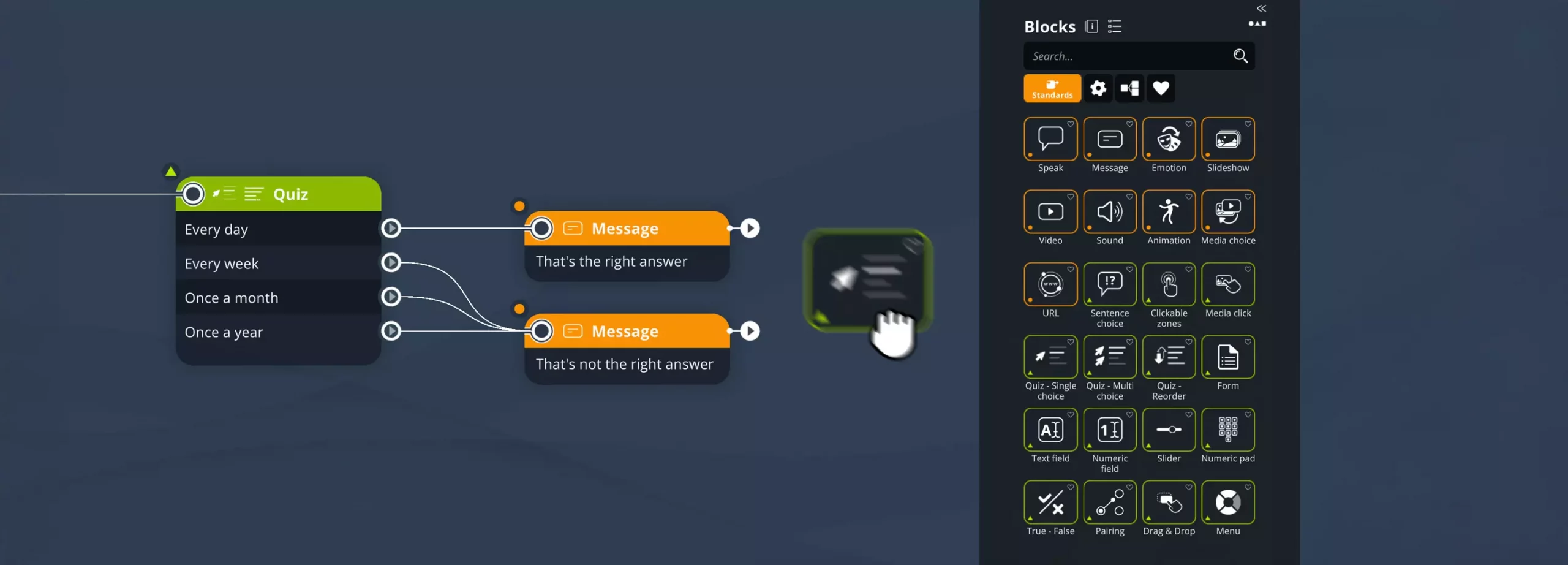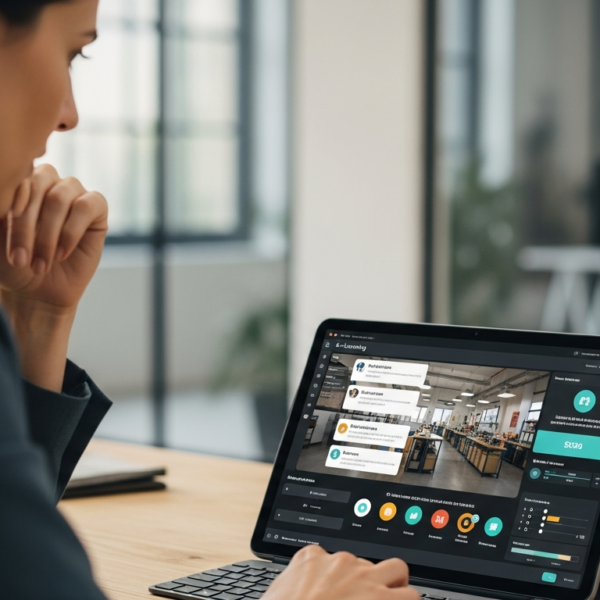“Lifelong vocational training […] aims to enable each person, regardless of their status, to acquire and update knowledge and skills conducive to their professional development, as well as to progress by at least one level of qualification during their working life. […]. ». (Article L6311-1 of the French Labour Code – Purpose of continuing vocational training)
This assumption takes on its full meaning through the work of the CEDEFOP (European Center for the Development of Vocational Training), which aims to promote education and lifelong vocational training within the European Union since 1975. Its main objectives are to support vocational training in order to reduce unemployment, integrate young people into employment and the development of learners’ skills. With only 38% of employees having access to CVT courses, 20% participating to on-job-training and 66% of companies providing training in Europe in 2016 (On the way to 2020: data for vocational education and training policies by the CEDEFOP), the issues of employability and matching skills required by the markets are essential to be taken into account.
In this context, Digital Learning appears to be an essential challenge to make training even more easily accessible to all employees, job seekers and students.
Put the learner back at the heart of the training programme
In France, for example, 2018’s new reform is pushing the players in the world of training to offer ever more qualitative programmes, allowing companies to focus on the relevance of their training programs to improve their performance.
In this context, innovative and digital training is gaining ground with a view to long-term efficiency. The model of the single 3-day face-to-face session tends to be transformed to ensure sustainable skills acquisition. Thus, a shift is taking place in favour of Blended Learning, for example, which is increasingly used by companies. The integration of simulation and virtual reality into training courses reinforces interactivity and learner involvement and becomes highly popular with companies.
These Digital Learning devices allow the learner to train throughout the training process: beyond initial learning in a face-to-face session, he or she can now develop his or her skills and knowledge through distance learning modules, at any time and in any place (Mobile Learning, Social Learning, etc.).
Reposition the trainer as a real coach
With the advent of new uses, the role of the trainer is changing considerably. Beyond the simple animation of face-to-face sessions, he is now an accompanist throughout the training process. It must also offer complementary training tools to learners, particularly in the context of distance learning. Thus, new missions are conferred on it, namely:
– Assistance with the choice and training tools;
– Assistance in the development of learning or skills development objectives;
– Advice in the choice of activities for learners but also for managers;
– Orientation towards the available pedagogical resources (behavioural simulations, video learning, immersive Serious Games…);
– Monitoring of the learner’s progress and reorientation if necessary, towards the relevant pedagogical objectives or to certify, empower, qualify…
ATAWADAC accessibility (*) and content customization
The use of Mobile Learning in training is now being tested and approved by large companies in order to adapt more and more to the pace of employees. One of the positive effects of Atawadac is that it makes the best use of idle time to allow employees to train regularly.
Atawadac is increasingly associated with Bring Your Own Device (BYOD). Trainers can use this evolution to boost their training and offer new learning methods to learners to train and train, anywhere and at any time, and thus limit training costs for the company.
Easier deployment and effective devices, adapted to learners’ needs
With its Virtual Training Suite software solution, Serious Factory supports companies in the digitalization of their training strategy. This solution integrates various complementary tools to meet the challenges of all the actors in the training program: the VTS Editor authoring software for the design of realistic scenarios, the VTS Perform platform to facilitate the deployment of devices and the VTS Player application for all-media playability and for online or offline operation.
For a company or training organization, the solution makes it easy to create Serious Games, effective and relevant training tools to develop skills. These organizations are now able to rely on powerful and scalable software to design as many simulations as they wish, without having to call on the service provider for any modifications.
On your own or with the help of our gamification and pedagogy experts, transform your learners from theoretical knowledge to controlled and sustainable practice, for more performance.
*Any Time, Any Where, Any Device, Any Content.










